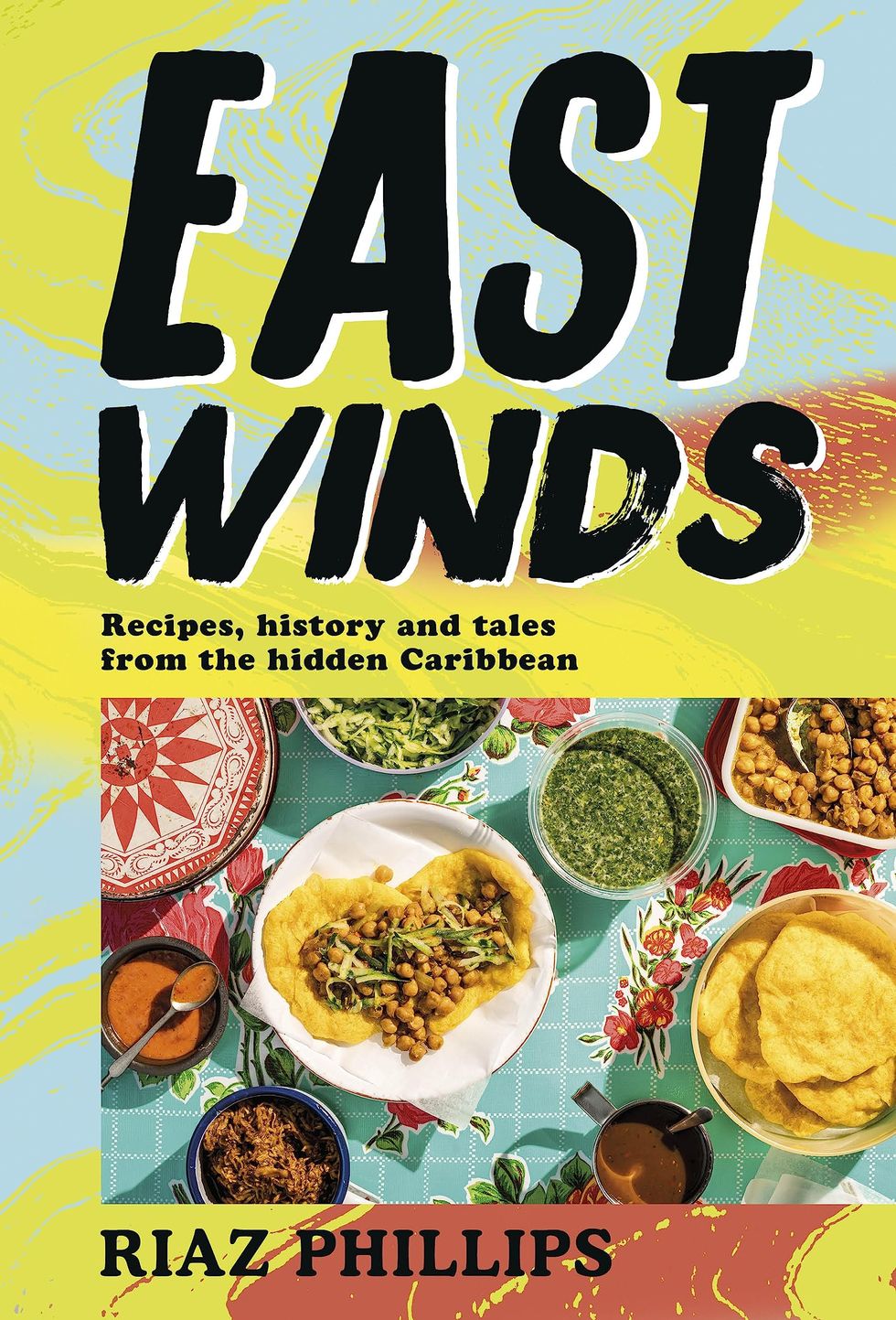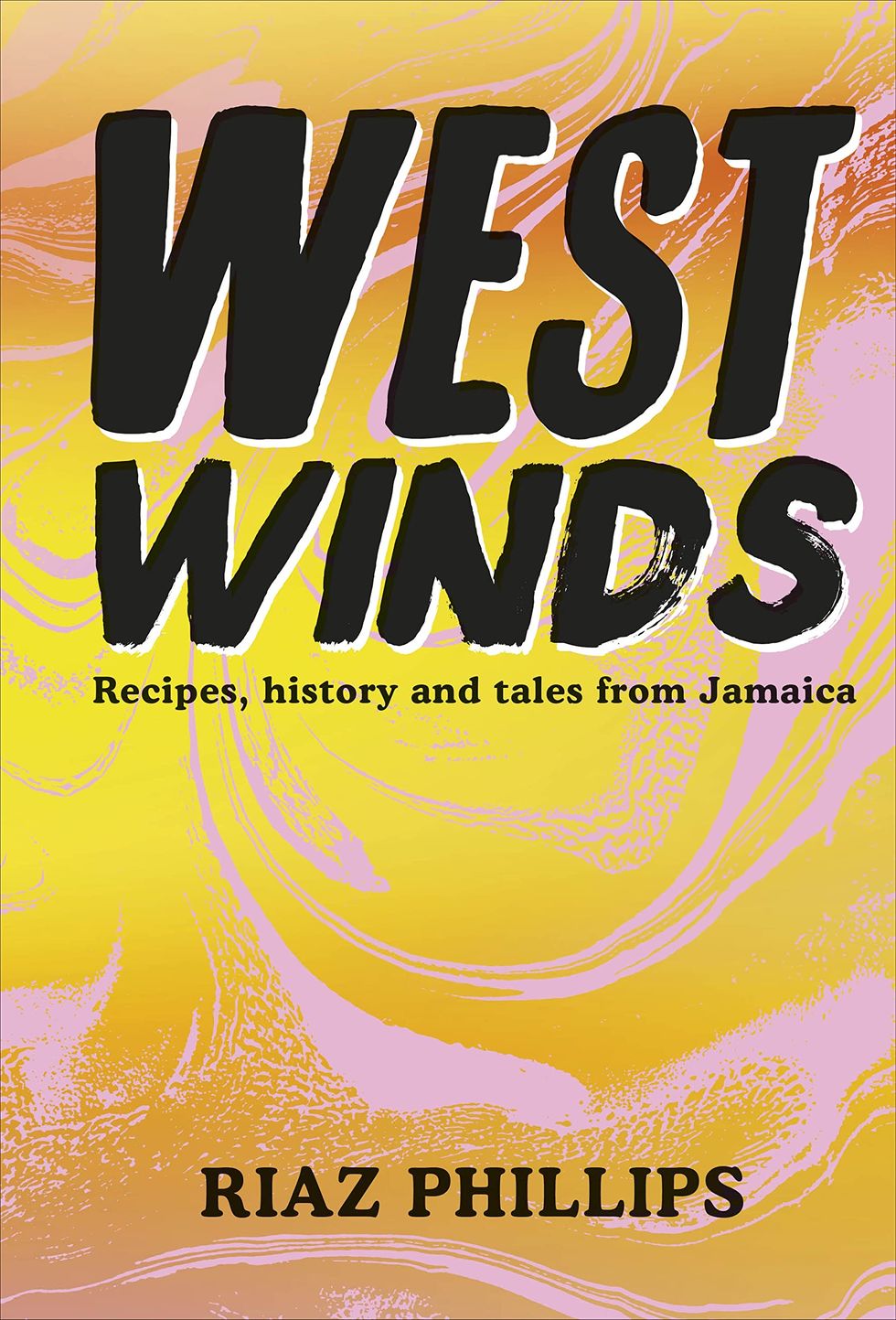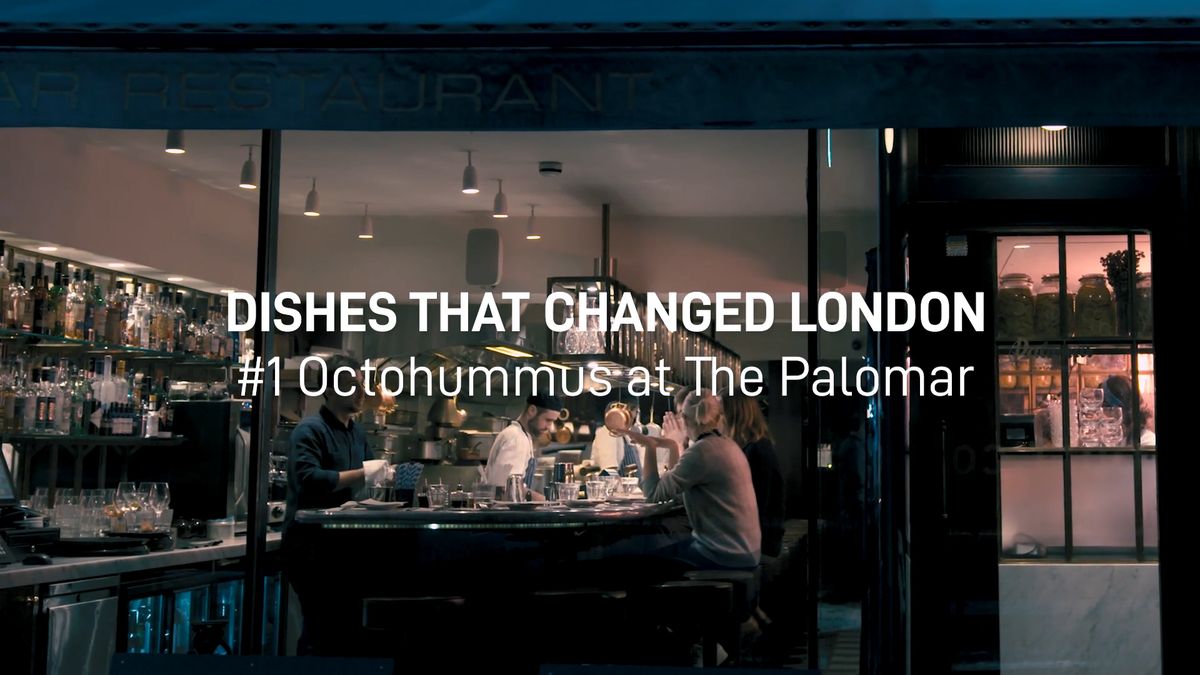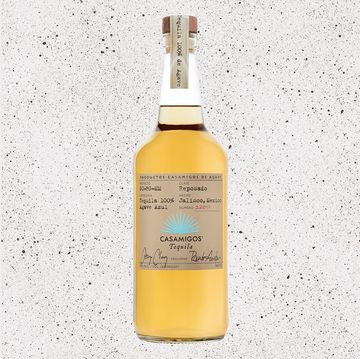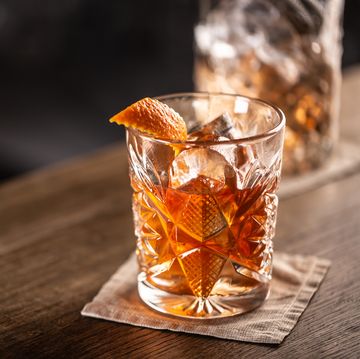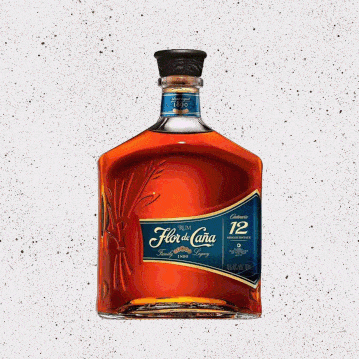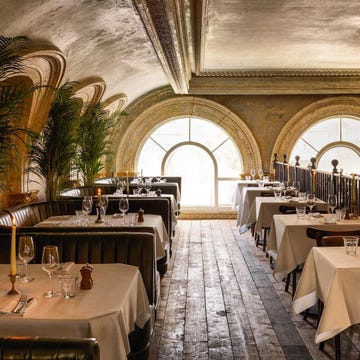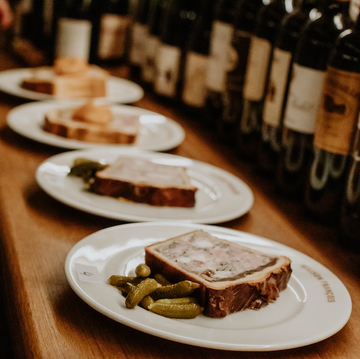For centuries, leisure was a restricted concept to the people of the Caribbean. The indigenous tribes, under waves of invasions from the Europeans had to live in stealth and were constantly on the move. For the enslaved and indentured, their time was literally owned as was the case of their unborn children. Down to today, the harsh economic climate in the region means for many work seldom stops. Here, in all cases non-action is punishable almost by death. Accounts of the limited “free time” of slaves, describes, "each Saturday night (or frankly any day away from cane field or mill), as play-play that involved dance, music, dress, food, and drink". This came to dominate the culture and heart of slave societies and became “a carnival in miniature.” This space offered the people a communal focus and embodied freedom. As suggested, “all play is oppositional and all oppositionality is ‘playful’ or contains a ‘play element.’" The ability to just do nothing was a dream and an act of resistance and now its a reality savoured by many, hence the prevalence of limin’.
Limin’ is one of those words that bends from verb to noun, though in any sentence when used in a certain way people understand its meaning. Limin’, using a technical definition, would be “an informal gathering of two or more people characterised by semi-ritualised talking and socialising, drinking and eating.” There are a great deal of guesses on the origin of the phrase. One such account tells that American sailors would carry citrus fruit with them to prevent scurvy and with their loitering habits around Port-of-Spain came to be known as limeys. Another, in the 1940s, tells there was a strict code for fetes (parties) and you couldn't go if not invited. Someone not invited would go outside the house and feel sour, so you’d say "suck a lime". Later on, you invited friends to "bus (have or join) a lime", and that later became a ‘lime’. These old school limes went on deep into the night with “ole talk and Caribbean music and a little baddening of the head.”
None of this fully describes the essence of the lime, and really it is quite hard to. It’s hanging out, any time of day though as one description rightly narrates, “It have all kinda lime: sweet lime, sour lime, short lime, long lime, impromptu lime, formal lime and regular lime’ You name it we have it.” As has happened to me, you might cook all day, go for a walk to the shop because you forgot something (and don't currently have any kids you can send to do it) then end up on someone's veranda limin’ for the whole night eating their food, forgetting all you had done the hours before. This seems strange to those visiting the Caribbean for the first time but sharing, especially the sharing of food with “the village” is a staple deed of all the creeds that make up the region.
Sometimes the lime may be flyered around the village, weeks in advance for someone's birthday or fundraising BBQ. Here, undoubtedly there is a table or drinks, a manned row of bain-maries or insulation boxes serving food and pulsating music vibrating the entire locale for the whole night. If the music is too loud you can lime across the side of the road on a deck chair or the bonnet of the car and still feel the vibe.
Sometimes you’re walking down the lane and someone says, “Yo we avin’ a lime tomarrow boy!” which sometimes features raucous debate but in other cases maybe a word isn't uttered for an hour. Just the pleasantries of being in the company of people as the night breeze wanders through the front yard. That being said, it only takes Winston or Everett from down the road, Mrs. Palmer and her friends and a bottle of puncheon to turn a quiet lime into what Farmer Nappy would call a “Big people party.” As soon as the music cuts on, neighbours driving by park up and see “wah happnin’ and the next few hours become a blur. People once separated by plantations, by scheming overseers, by divisive racial colonial politics come together.
For us in the diaspora, The act of getting together for no real reason is something I find waning amidst the rat race limited to birthdays, public holidays, weddings and now more frequently funerals. For people who live somewhere like London or New York I’d ask when was the last time you really spoke or even said hello to your neighbours let alone strolled over to hang out for no real reason with a spontaneous dancing session break out – In the towns like Moruga this seems like a weekly event. I’m often asked why Caribbean food in the UK is so important and to me, it seems that for the diaspora the spaces in which Caribbean food is served offer the last vestige to recreate this community spirit in their new home.
East Winds: Recipes, History and Tales from the Hidden Caribbean by Riaz Phillips, published by DK, available now.

